The idea of the living stations builds on the concept of the stations. Stations are learning environments in which facilities and technologies are collected so that students can carry out their work and materialize their ideas. In addition, it is also a learning environment where research through making takes place.
Why the Living Stations?
Urgent issues around equality, diversity and climate change, questions the way we approach making and technology within art education. With industrialization, globalization and the cheap transport of goods, the relationship we have with the things we buy and consume is completely disturbed (Ketter & Co). It asks us to criticize and re-evaluate the type of matter we work with in the stations (wood, metal, ceramics, fabrics, digital material etc.). It challenges educating ‘making practices and material practices’.
The Living Stations are exploring different forms of material practice informed by a new set of topics & concepts; think of the so called ‘Material Turn’ and notions around post-humanism.
Within the Material Turn the traditional divide between idea and matter is questioned and rejected as this has been established by Plato and Descartes. It also means to question and reject the divide between culture and nature. And go towards new ecologies and form new practices in thinking through matter and through material conditions.
Post-humanism is questioning the fact that everything we do and make has been for the benefit of us humans. What does it mean to ‘make’ when you do not put people at the center of this process? In our (natural) human centered thinking, as artists and designers, we are depending on the technical appropriation of the material world. This appropriation is becoming increasingly problematic and complex when things, algorithms, nature, animals; everything besides humans claim agency.
Current debates about climate change and decolonization have made us more aware of how everything is interconnected. This also means that we know that the technologies and/or materials we use in our practice do not stand alone. Technology is not neutral. This makes it necessary for us to take responsibility in education to think critically about which materials and technologies we use.
Technology is not neutral. We’re inside of what we make, and it’s inside of us. We’re living in a world of connections – and it matters which ones get made and unmade. – Donna J. Haraway
This research is also driven by a sense of urgency and by the distress we feel regarding the several ecological crises we are facing. How do we educate ourselves and how can you help students make better ecological decisions?
The urgency lies in the fact that we not only want to think or talk – but want to build on a perspective for action. This perspective for action is acquired through setting up (educational) projects and programs which are aimed at the principles of learning by doing and research by making.
An important question for us is to learn how to investigate, materialize and visualize ideas without exploiting others and the world. Within the living stations we want to explore what it means to make when you don’t put people at the center of this process.
The living stations do not remain in the building of the WdKA but want to step outside. Collaboration is sought with art and design professionals but also with other disciplines; (student) colleagues from the Rotterdam School of Applied Sciences, scientists, local experts, and entrepreneurs. We will seek sustainable relations and collaborations through working together on local projects which matter.
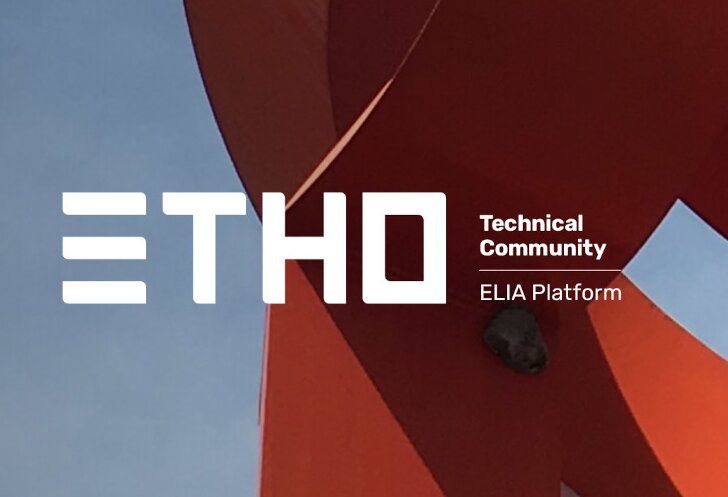 “>
“>
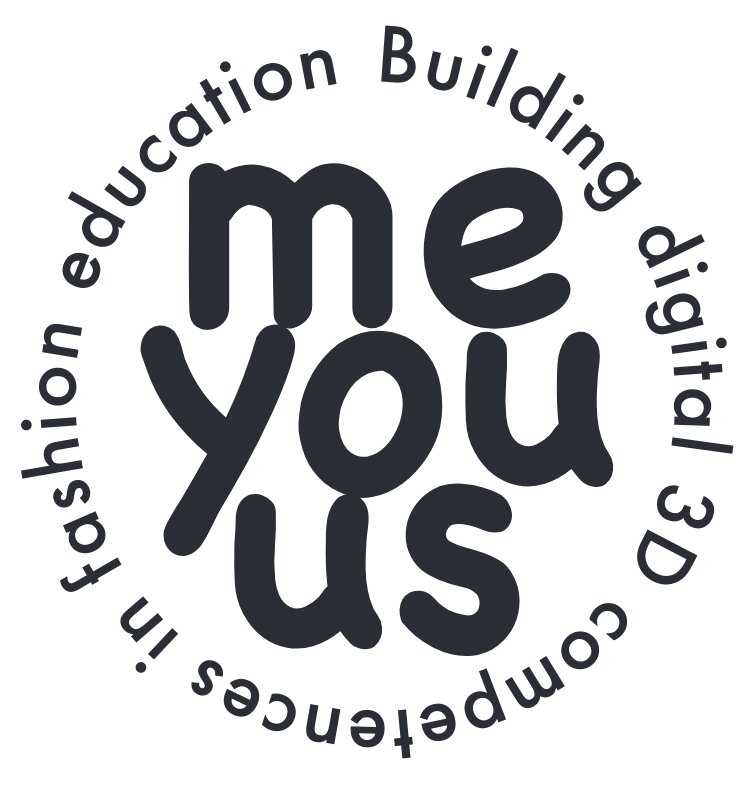 “>
“>
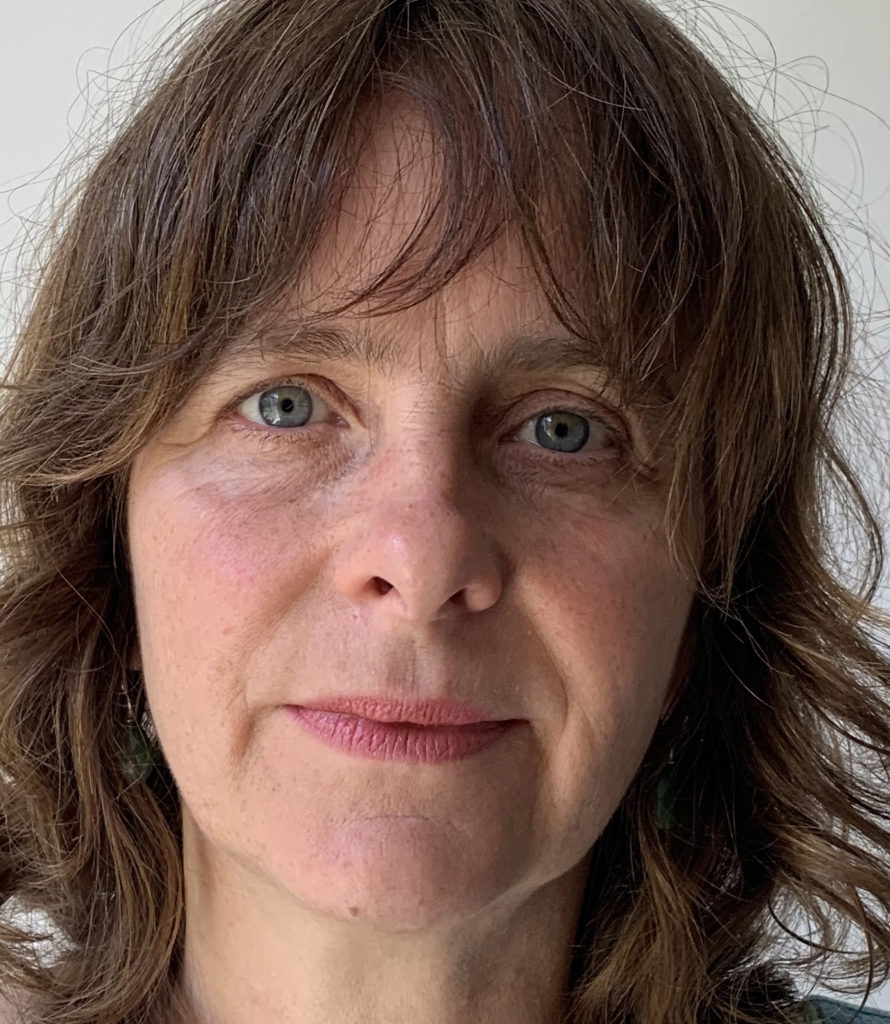 “>
“>
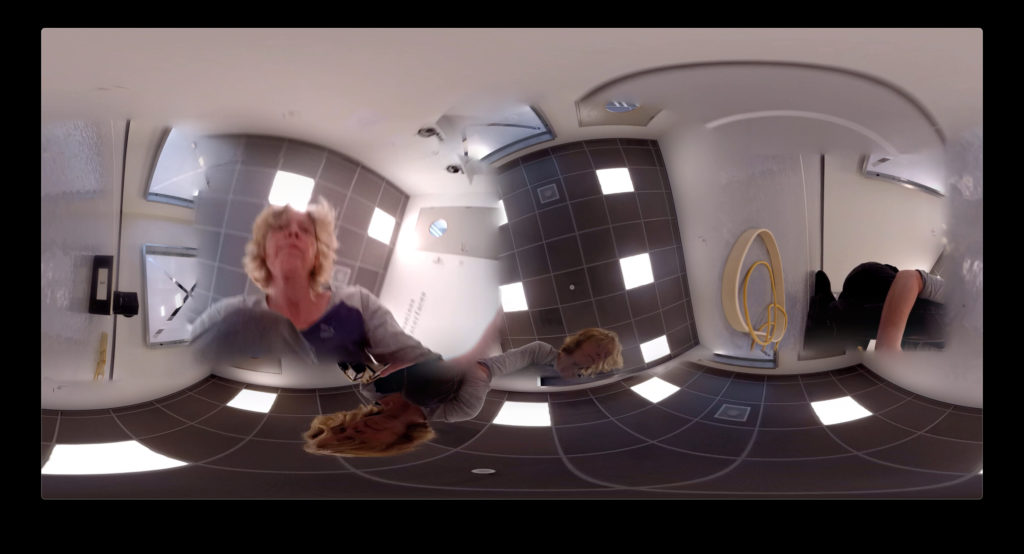 “>
“>
 “>
“>
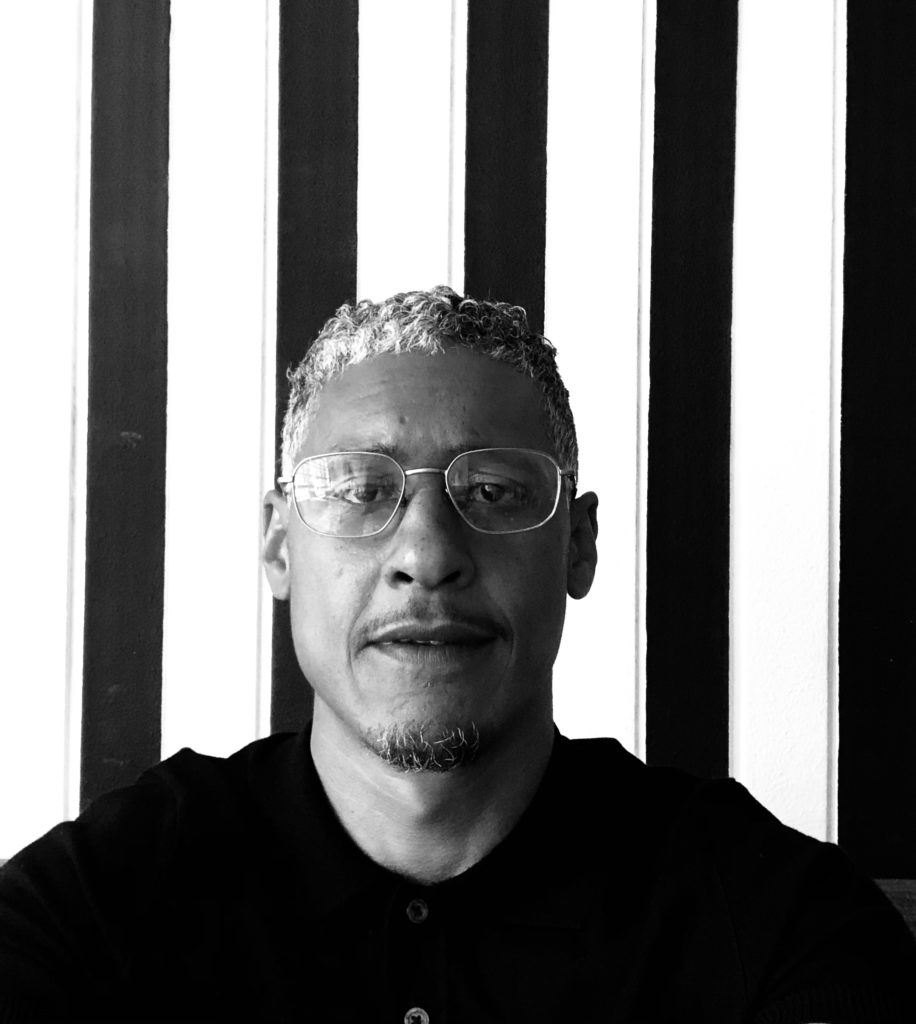 “>
“>
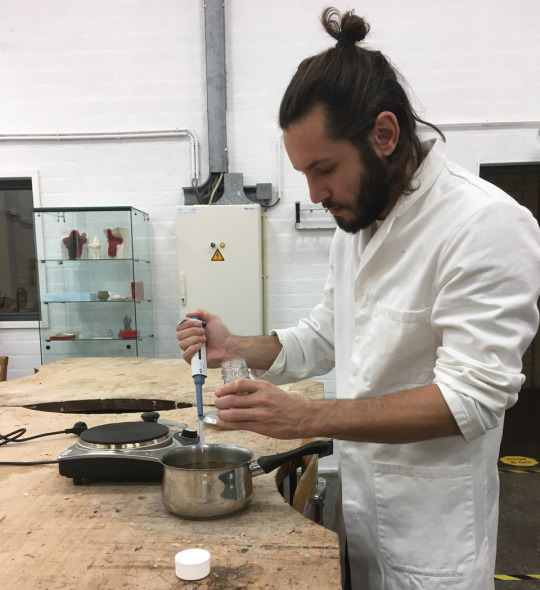 “>
“>
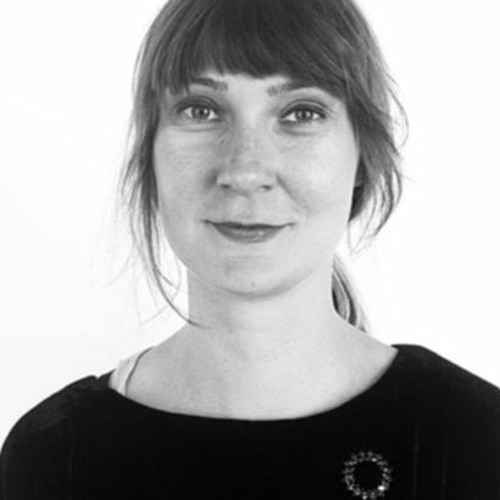 “>
“>
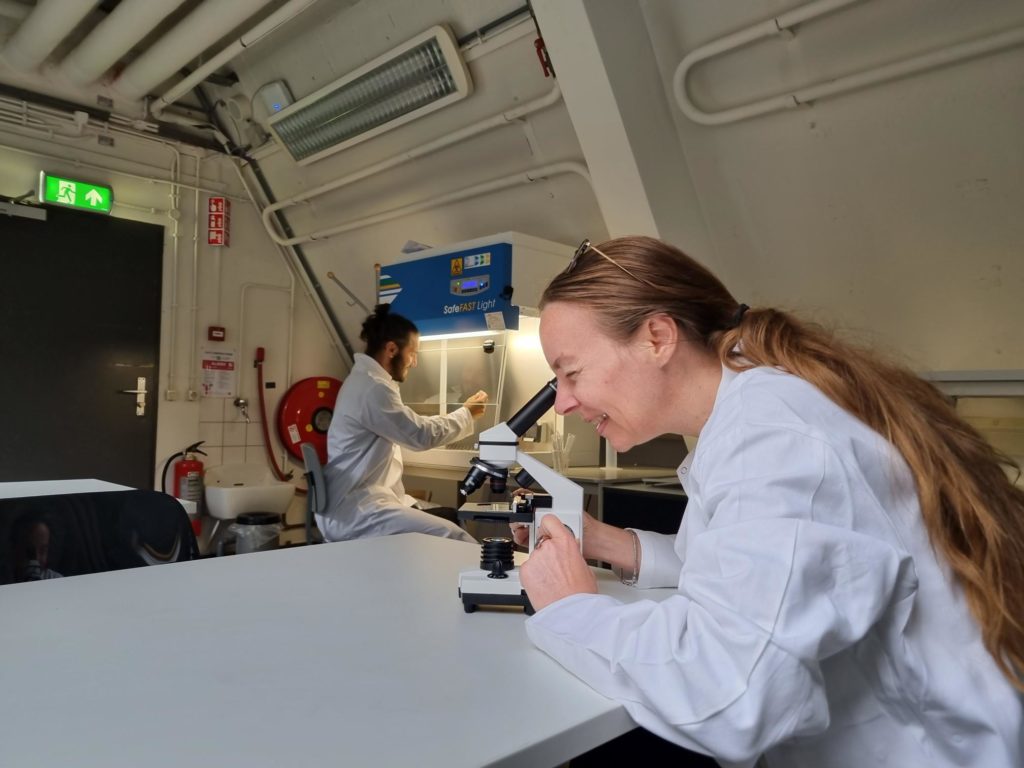 “>
“>